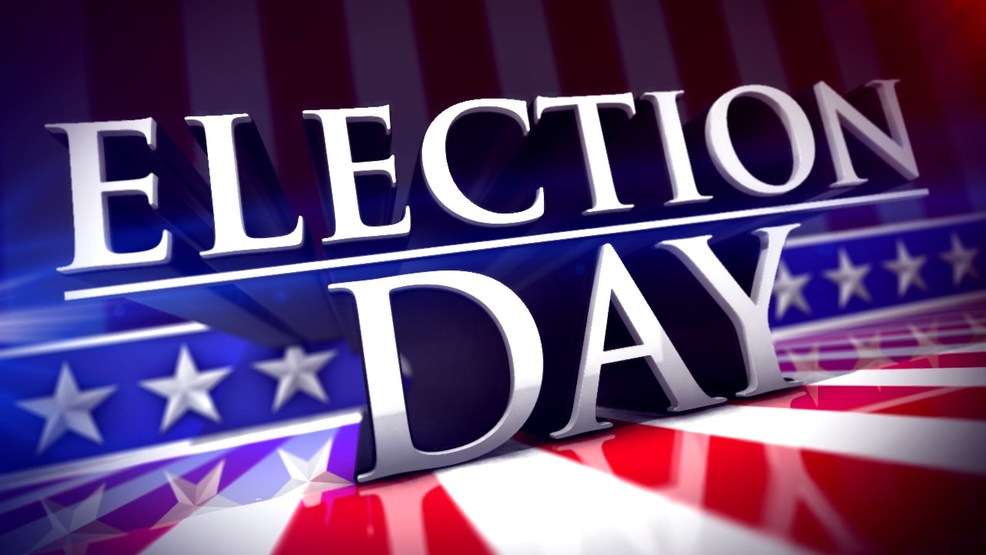CALL US: (703) 992-9255
FOLLOW US:

By Debbie Cohen
Election Day – November 8 – is quickly approaching. Many states require that employees have reasonable time off work to vote – typically two or three consecutive hours (more in some states) when the polls are open, which could be before or after the employees’ scheduled workday. If employees do not have reasonable time to vote, including either before or after their scheduled workday, employers generally must permit them, upon reasonable advanced notice, to take a reasonable amount of time off from work to vote.
Typically, employers may not require employees to use meal or other break times to vote, but if an employee who does not have reasonable time before or after the scheduled workday requests time off to vote, the employee’s supervisor may schedule the employee’s time off at the beginning or end of the workday. The amount of time off that will be considered reasonable will depend upon the circumstances, including the polling hours, distance from work, time of day, business needs and other appropriate factors. Supervisors should inform employees in advance if proof of voting or attempting to vote will be required to substantiate an absence from work, particularly if needed to verify pay status or avoid adverse attendance consequences.
In most states, employers that are required to grant employees time off during the workday to vote do not have to pay employees for the time off. However, in an increasing number of states, if an employee does not have reasonable time, as determined by state law, to vote before or after work, employers must not only grant employees time off to vote, but also cannot withhold pay for the time they are off work or otherwise make a deduction in their pay, thereby essentially making the time off for voting “with pay.” These states include: Alaska, Arizona, California, Colorado, Hawaii, Illinois, Iowa, Kansas, Maryland, Minnesota, Missouri, Nebraska, Nevada, New Mexico, New York, Oklahoma, South Dakota, Tennessee, Texas, Utah, Washington, West Virginia and Wyoming. Of course, employers in these states can require employees fulfill advanced notice requirements for taking leave and provide proof of voting before paying employees.
Finally, there are a few states in which employers are required to grant reasonable voting leave regardless of whether there is reasonable time to vote outside the employee’s scheduled workday, though employees may be required to provide advanced notice, and there are states that are simply ambiguous as to whether employees must be paid when they take time off from work during their scheduled workday to vote, since the state law simply says that employers may not restrain or otherwise interfere with the exercise of voting rights or inflict any injury or loss upon employees for taking a reasonable amount of time to vote. In this regard, some states, again with advanced notice, also may require more than the customary two to three hours of time off, and two states – Minnesota and West Virginia – require employers, upon request, to grant employees time off with pay during the workday regardless of other possible voting opportunities. Consequently, it is critical that managers and supervisors are prepared to respond to employee voting leave requests and know who to contact if they have questions regarding voting leave or employee requests for time off to serve as election judges or to perform other election-related work.
Locations
About
Potter & Murdock, P.C. is a women and minority-owned law firm specializing in labor and employment, litigation, government contracts, health care regulatory, and corporate law with offices in Virginia, Washington, D.C., and Maryland.
Falls Church, Virginia
252 N. Washington Street
Falls Church, Virginia 22046
Telephone: 703-992-9255
Fax: 703-832-0211
Washington, DC
1015 15th Street NW, Suite
600 Washington, DC 20005
Telephone: 703-992-9255
Fax: 703-832-0211
Columbia, Maryland
9520 Berger Road
Suite 212
Columbia, Maryland 21046
Telephone: 703-992-9255
Fax: 703-832-0211
About
Potter & Murdock, P.C. is a women and minority-owned law firm specializing in labor and employment, litigation, government contracts, health care regulatory, and corporate law with offices in Virginia, Washington, D.C., and Maryland.
Locations
Falls Church, Virginia
252 N. Washington Street
Falls Church, Virginia 22046
Telephone: 703-992-9255
Fax: 703-832-0211
Washington, DC
2200 Pennsylvania Ave., N.W.
4th Floor, East Tower
Washington, DC 20037
Telephone: 202-416-1660
Fax: 202-330-5487
Columbia, Maryland
9520 Berger Road
Suite 212
Columbia, Maryland 21046
Telephone: 443-840-6870
Fax: 410-630-3663